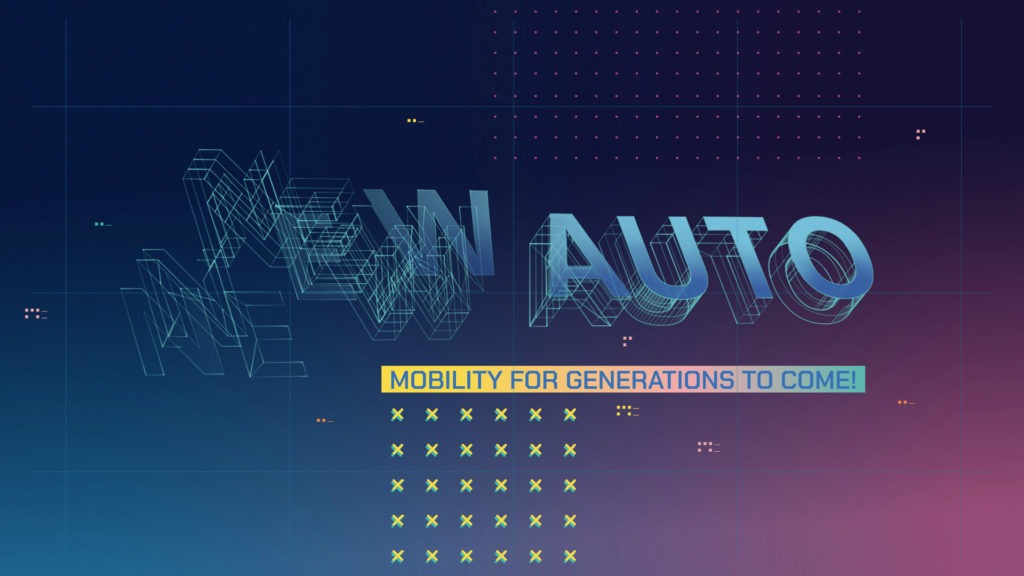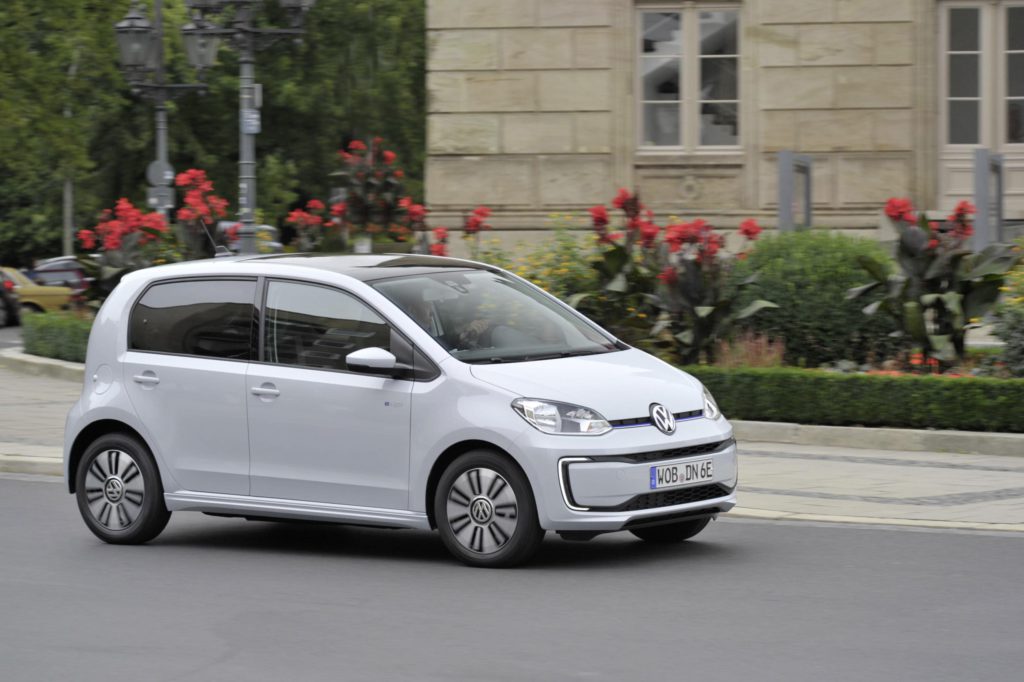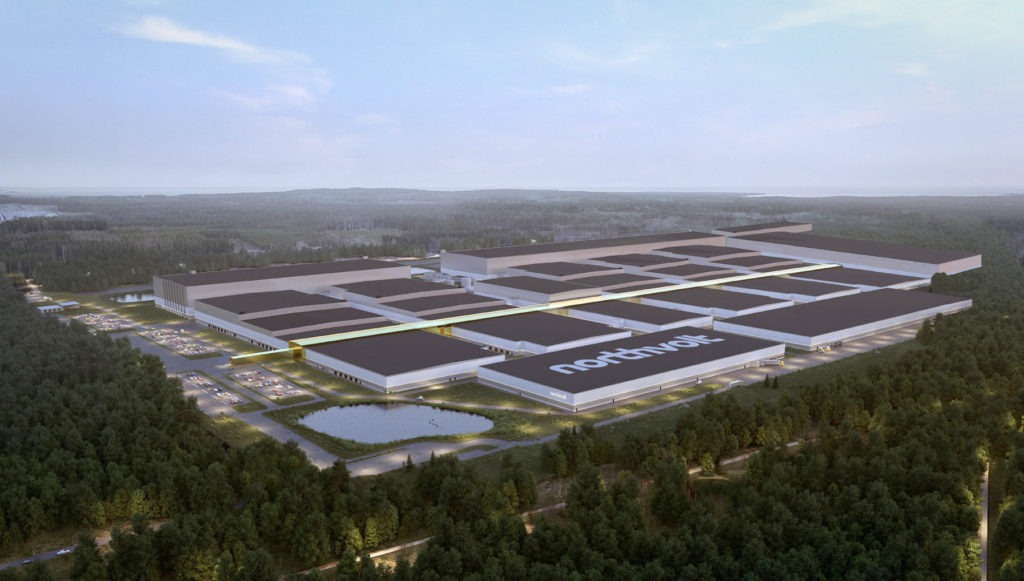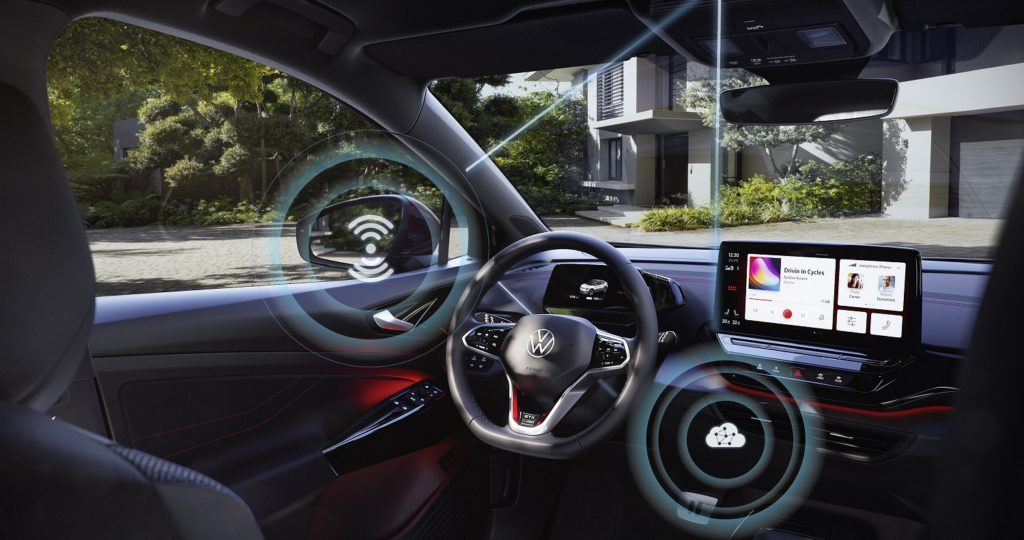VW Group’s New Auto strategy outlines electrification and sustainability through 2030
13 July 2021

Volkswagen (VW) Group has presented its latest strategic goals, including electrification, sustainability, platform consolidation, software and mobility services as its ‘New Auto’ strategy through to 2030.
VW targets a 30% reduction of its carbon footprint per car by 2030, compared to 2018, and aims to be climate neutral by 2050 at the latest. As the group believes cars will still account for 85% of the mobility market in 2030, electrification is at the core of its plans. The market for internal-combustion engines (ICE) is set to decline by more than 20% over the next 10 years, with VW foreseeing a 6% reduction in revenues in 2021, 20% by 2025 and 50% by 2040. However, revenues from battery-electric vehicles (BEVs) are expected to at least be on a par with ICE by 2030, with the carmaker targeting a 50% share of sales. In 2040, nearly 100% of all new vehicles sold by the group should be zero-emission.
Accompanying the growth in BEV sales, VW has plans to consolidate its platforms beyond the switch from its three ICE platforms (MQB, MSB and MLB) to the two BEV underpinnings, MEB and PPE.
Ultimately, the group will move to one unified architecture for its entire product portfolio. From 2026, BEV production is scheduled to start on the SSP (Scalable Systems Platform). This next-generation mechatronics platform will be ‘all electric, fully digital and highly scalable’, underpinning more than 40 million vehicles over its lifetime. The SSP will be open to other manufacturers, as is the MEB – to Ford, for example.
‘Introducing the SSP means leveraging our strengths in platform management and building on our capabilities to maximise synergies across segments and brands. In the long run, our SSP will significantly reduce complexity in mechatronics. Thereby, it is not only a central premise to lower CAPEX, R&D and unit costs compared to MEB and PPE and to enable the Group to reach its financial targets. It particularly is the enabler to manage future challenges in vehicle development, as cars become more and more software-oriented,’ commented Markus Duesmann, CEO of Audi.
Controlling battery supply
In order to support the demand projections for BEVs on the current platforms and future SSP, VW is bringing the two pillars battery cell and system and charging and energy together in a new technology division.
The carmaker is seeking to establish a controlled battery-supply chain through partnerships, as well as covering the process from sourcing raw materials to recycling batteries. To reduce complexity across the life cycle of a battery, VW is introducing a single battery-cell format, ‘with up to 50% cost reduction and up to 80% use cases by 2030.’ As previously announced, six gigafactories are planned in Europe, with a total production capacity of 240 GWh by 2030, to secure battery supply.
VW will increase its order of batteries from its supplier Northvolt by €14 billion. It will focus production of premium cells at its factory in Skellefteå, Sweden. The carmaker has also invested an additional €500 million in Northvolt, which will see manufacturing begin in 2023 and increase gradually to an annual capacity of 40GWh.
Gigafactory
The carmaker will also purchase outright the joint venture it has with Northvolt for a gigafactory in Salzgitter. VW has signed an agreement with Chinese cell specialist Gotion High-Tech as its technological partner, with a start of production planned for 2025.
As a third location, VW intends to make Spain a strategic pillar of its electric campaign and is considering the establishment of an entire value chain of BEVs in the country. The carmaker has confirmed the possibility of a gigafactory together with a strategic partner. In its final expansion stage at the end of the decade, the plant is intended to have a yearly capacity of 40 GWh. The company also envisages that its small BEVs will be produced in Spain from 2025.
’A Volkswagen-controlled battery supply chain will enable us to have authority over the biggest cost block, offer the best and most sustainable batteries to our customers and secure BEV success. BEVs will become mobile power banks that can be fully integrated in the energy grid through bi-directional charging. This will enable us to generate additional profits from participation in the energy market by 2030,’ commented Thomas Schmall, CEO Group Components.
Infrastructure initiatives
VW also plans to build an entire charging and energy eco-system around BEVs, ‘ensuring convenient charging to customers and opening up further business opportunities.’
The manufacturer has secured new partnerships to provide European customers with convenient charging, i.e. with BP, Iberdrola and Enel. VW and Enel X have announced a joint venture to enhance the BEV uptake in Italy. It will own and operate a high-power charging (HPC) network across the country, with more than 3,000 charging points of up to 350 kW each by 2025.
Also, Electrify America, a US public fast-charging network set up by VW in the wake of the diesel-emissions scandal, has announced plans to more than double its current charging infrastructure in the US and Canada to a total of 1,800 fast-charging stations with 10,000 charging points installed by 2025. The expansion will increase the deployment of 150kW and 350kW chargers, paving the way for more electric vehicles in North America.
Ultimately, VW seeks to establish 18,000 HPC points in Europe, 17,000 in China and 10,000 in the US and Canada.
Software and mobility services
By 2030, VW will also have systems capabilities for autonomous-shuttle fleets, owning some of them and expanding its offerings of mobility services and financing. Mobility-as-a-service (MaaS) and transport-as-a-service, as well as fully-autonomous vehicles, also form an integral part of the New Auto strategy. The value chain consists of four business areas: the self-driving system, its integration into vehicles, fleet management and the mobility platform.
VW is already developing a self-driving system for autonomous shuttles with its strategic partner Argo AI, and the group’s software company Cariad is developing level-4, automated-driving capabilities for passenger vehicles. Accordingly, the company may yet create the biggest network of autonomous vehicles.
The carmaker plans to offer its first autonomous-mobility service in Europe, shortly followed by the US. This is also expected to serve as a profit pool, with the total market for MaaS in the five-largest European markets alone expected to amount to $70 billion by 2030. In the coming years, a single platform is intended to integrate all the mobility offerings of VW and its brands.
’By the end of the decade, automated driving will completely change the world of mobility. Together with Argo AI, we are developing an industry-leading, self-driving system which will enable us to offer completely new mobility services and autonomous-transport services. Volkswagen Group is aiming for a significant market share and additional revenue streams in this important future business,’ concluded Christian Senger, CTO of Volkswagen Commercial Vehicles.


